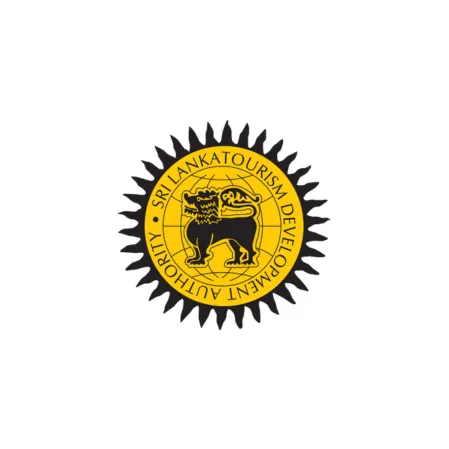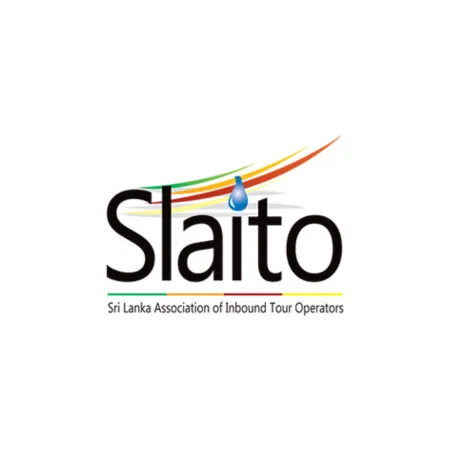History and Culture
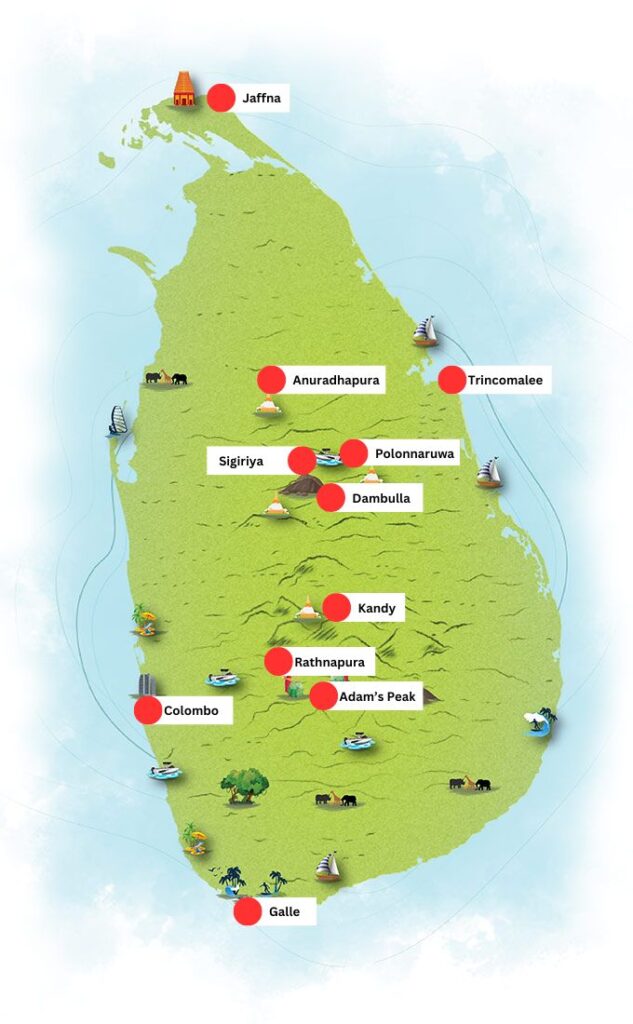
Sri Lanka, often referred to as the “Pearl of the Indian Ocean,” boasts a rich history and vibrant culture that spans thousands of years. From ancient kingdoms and colonial influences to its diverse religious traditions and cultural festivals, Sri Lanka offers a tapestry of experiences that captivate and inspire. This article delves into the fascinating history and culture of Sri Lanka, highlighting key historical attractions and the colorful festivals that define its cultural landscape.
Sri Lanka’s history dates back over 2,500 years, with evidence of prehistoric human settlements and a succession of ancient civilizations. The island’s strategic location made it a hub for maritime trade, bringing influences from South Asia, Europe, and beyond. This confluence of cultures has shaped Sri Lanka’s unique cultural identity, marked by its Sinhalese and Tamil heritage, Buddhist and Hindu traditions, and colonial legacies from the Portuguese, Dutch, and British eras.
Buddhism plays a central role in Sri Lankan culture, having been introduced in the 3rd century BCE by Mahinda, the son of the Indian Emperor Ashoka. The island is dotted with ancient temples, stupas, and monasteries, many of which are UNESCO World Heritage Sites. Sri Lanka’s cultural richness is also reflected in its vibrant festivals, traditional arts, music, dance, and cuisine.
Historical Attractions to Visit
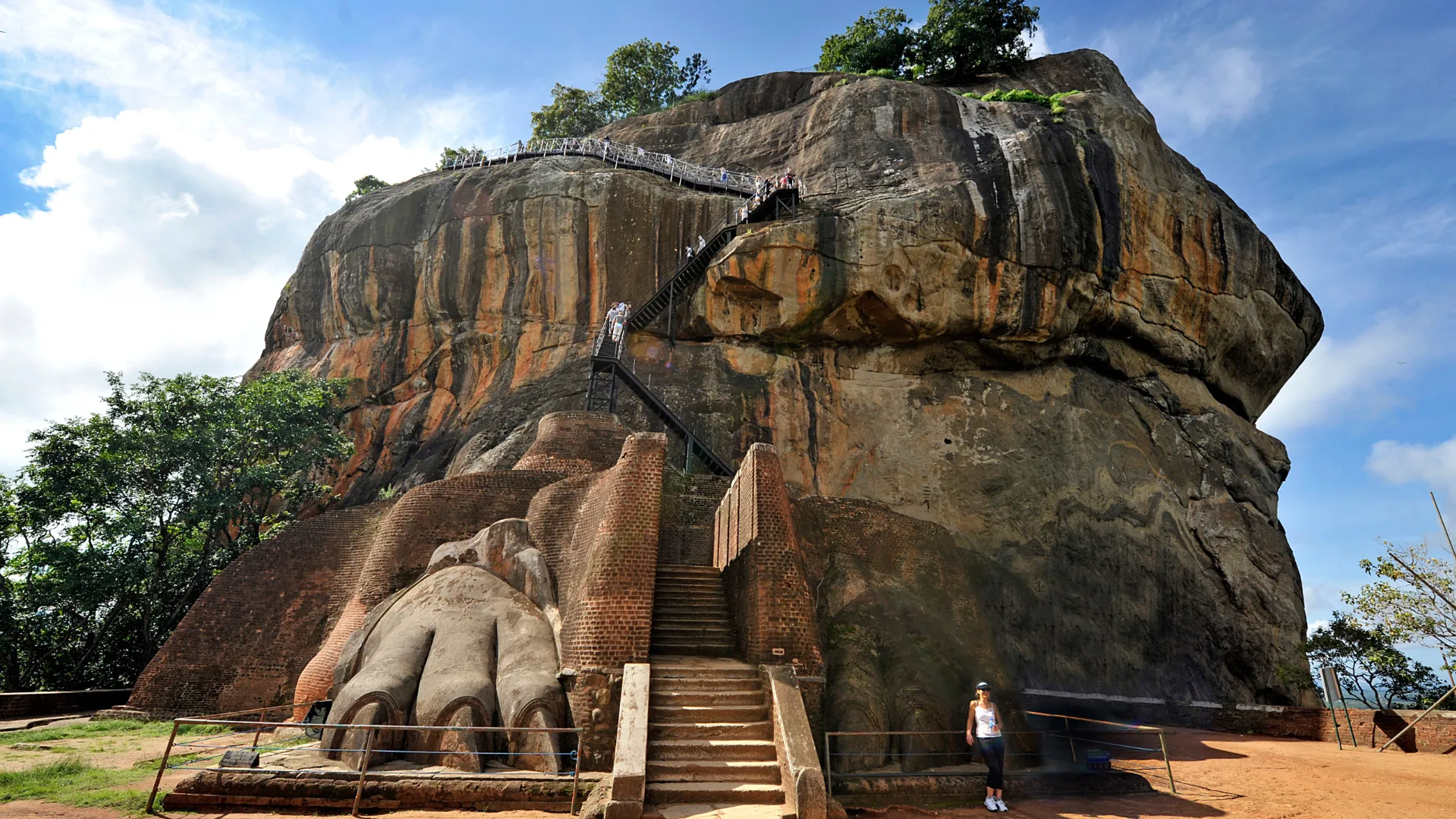
Sigiriya Rock Fortress
One of Sri Lanka's most iconic landmarks, Sigiriya, also known as Lion Rock, is a massive rock fortress built by King Kasyapa in the 5th century CE. The site features elaborate frescoes, terraced gardens, and ancient water gardens. Climbing to the top offers panoramic views and a glimpse into the island's ancient architectural ingenuity.
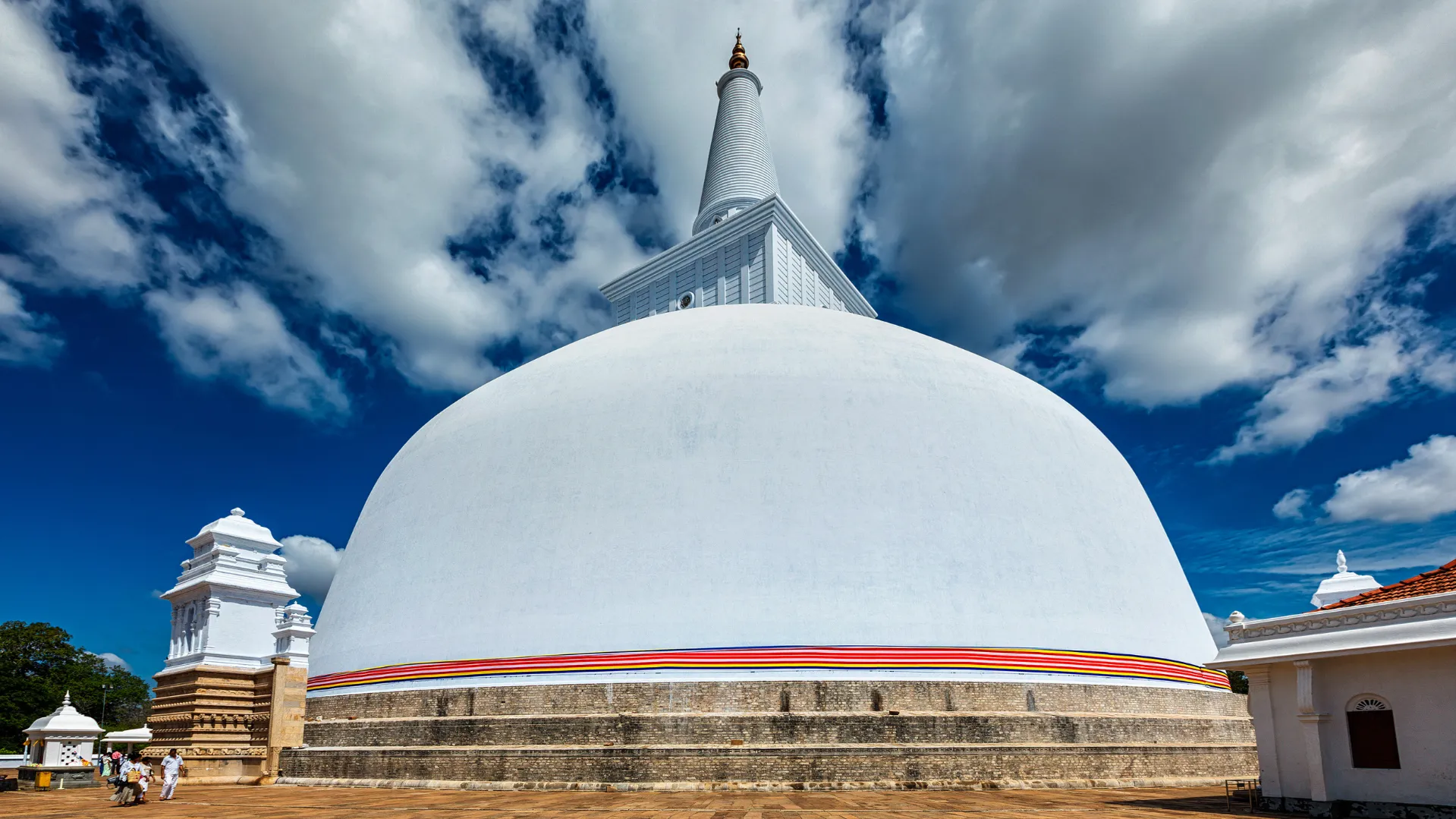
Anuradhapura
Anuradhapura, a UNESCO World Heritage Site, was the first capital of Sri Lanka and a major center of Theravada Buddhism. The city is home to some of the island’s most significant religious sites, including the sacred Bodhi Tree (Sri Maha Bodhi), the Ruwanwelisaya stupa, and the Jetavanaramaya, one of the tallest stupas in the ancient world.
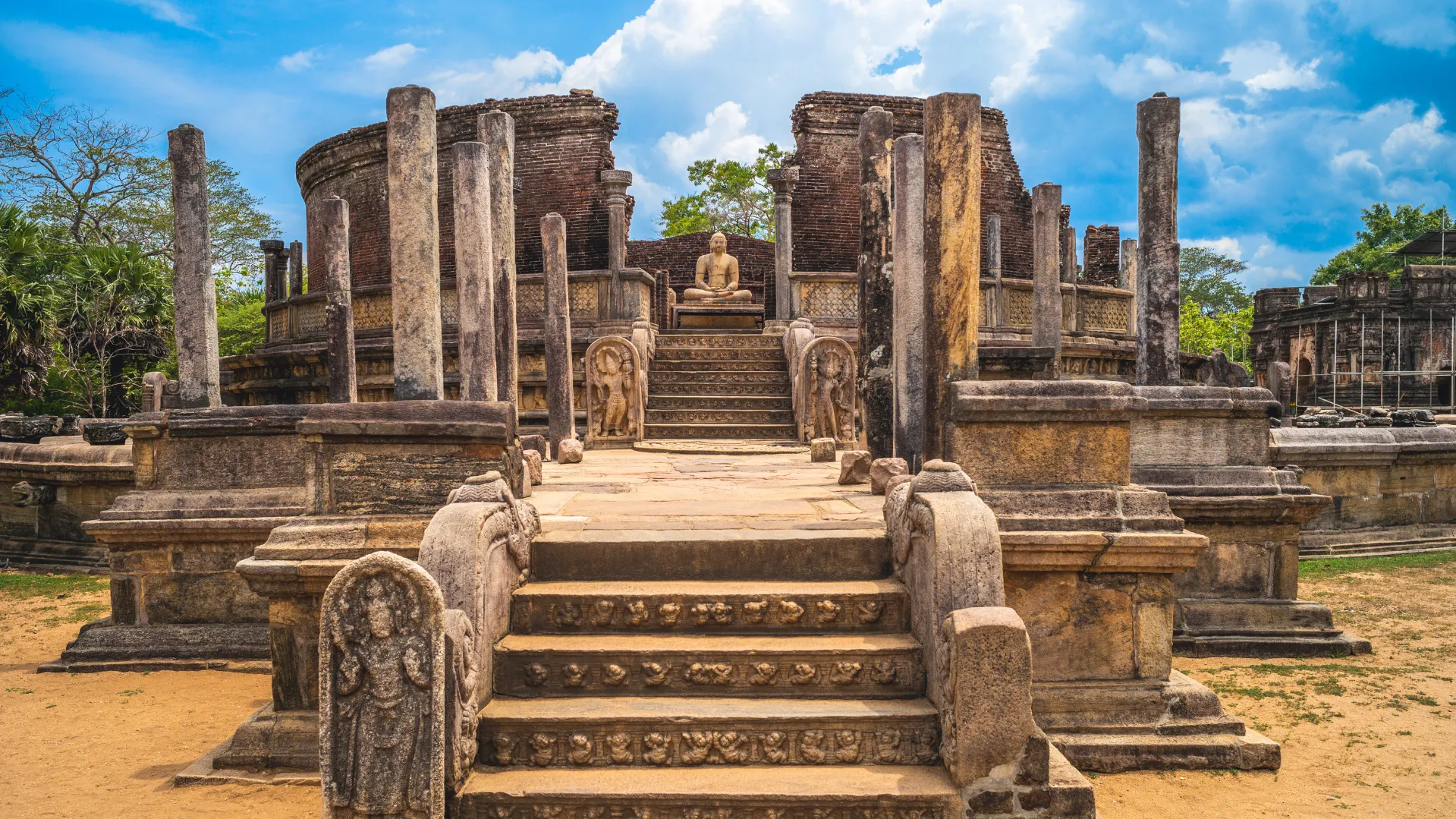
Polonnaruwa
The medieval capital of Polonnaruwa is another UNESCO World Heritage Site, known for its well-preserved ruins. Key attractions include the Gal Vihara, a group of magnificent Buddha statues carved out of granite, and the Parakrama Samudra, a vast irrigation reservoir.
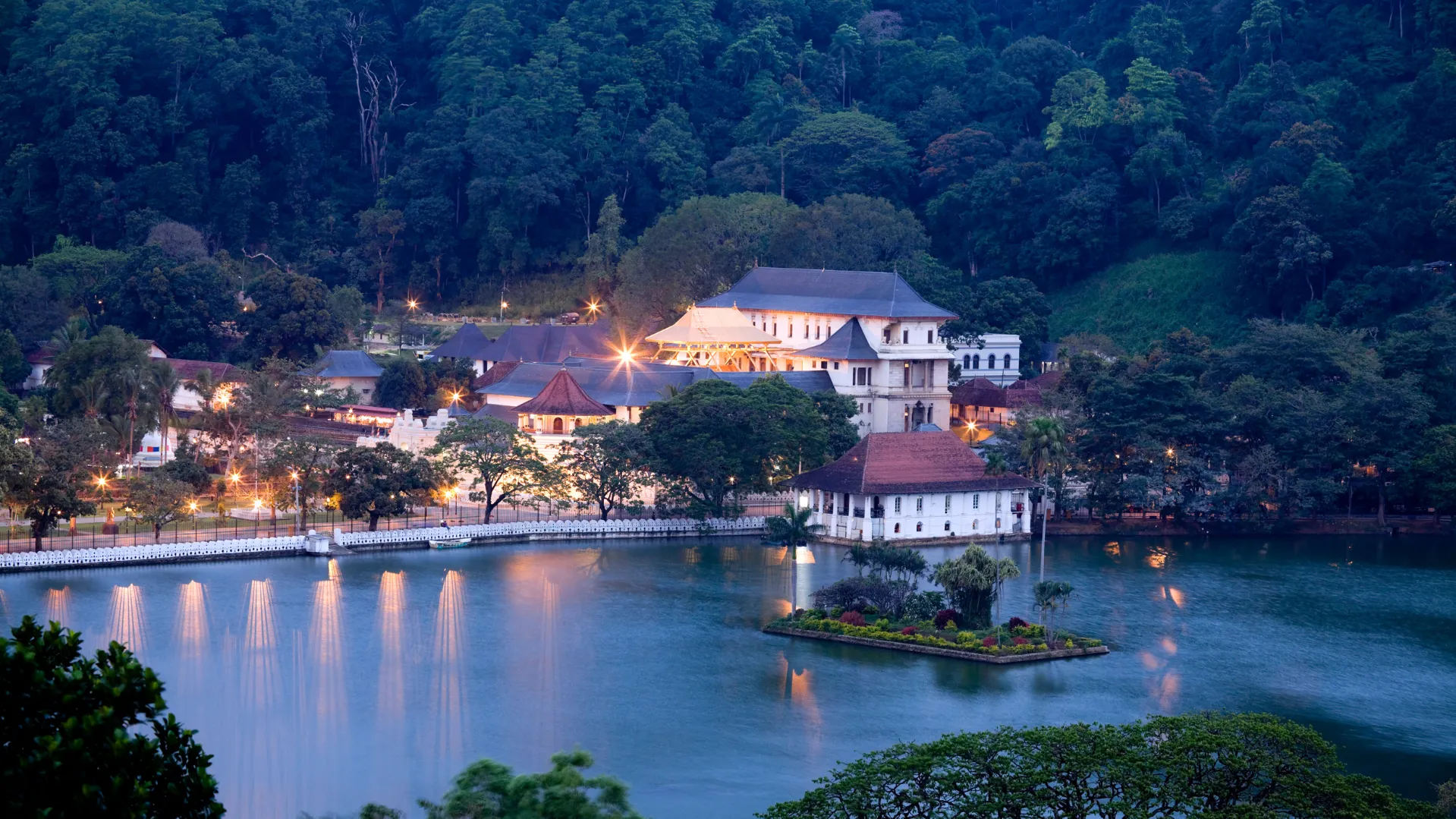
Kandy
Kandy, the last capital of the ancient kings of Sri Lanka, is home to the Temple of the Sacred Tooth Relic (Sri Dalada Maligawa). This revered Buddhist site houses a tooth relic of the Buddha and is a focal point for pilgrims. The city’s picturesque setting by Kandy Lake and its vibrant cultural scene make it a must-visit.
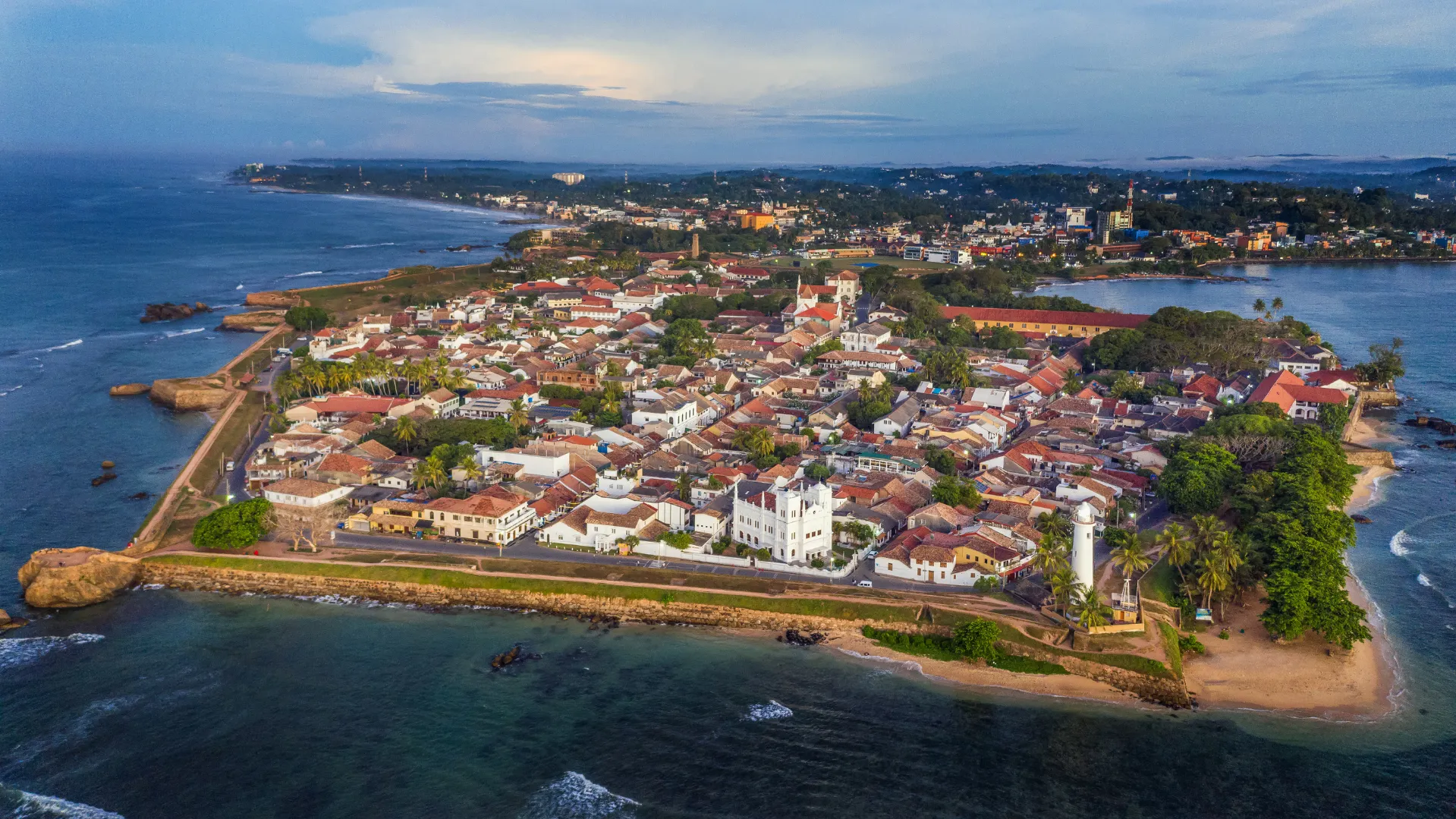
Galle
The coastal city of Galle is famous for its well-preserved 17th-century Dutch Fort, another UNESCO World Heritage Site. The fort’s cobblestone streets, colonial architecture, and ramparts overlooking the ocean provide a charming glimpse into Sri Lanka’s colonial past.
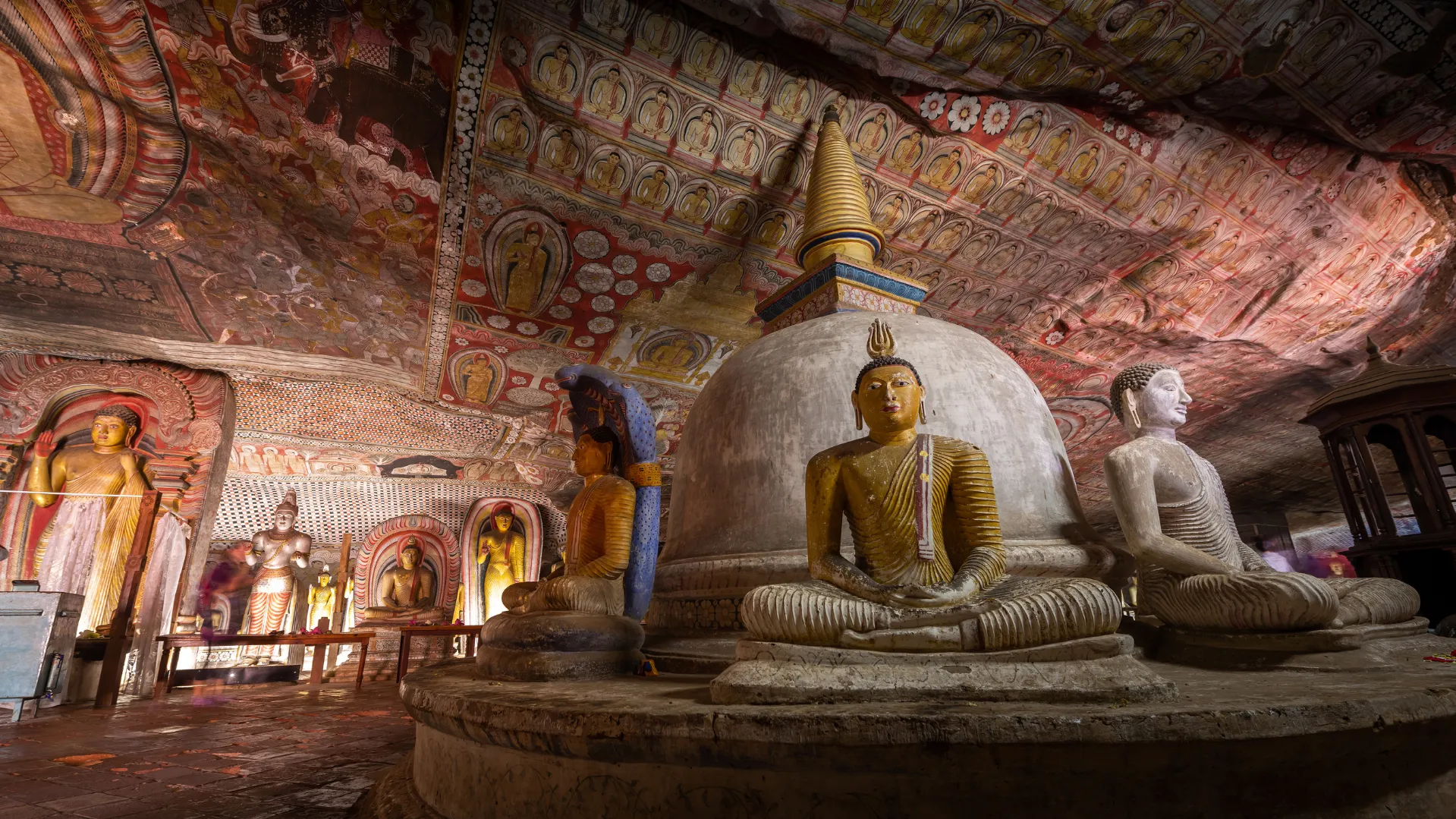
Dambulla Cave Temple
The Dambulla Cave Temple, also known as the Golden Temple of Dambulla, is a complex of five caves adorned with over 150 statues and murals of Buddha. The temple, which dates back to the 1st century BCE, is a significant pilgrimage site and showcases exquisite ancient art.
Suggested Itineraries
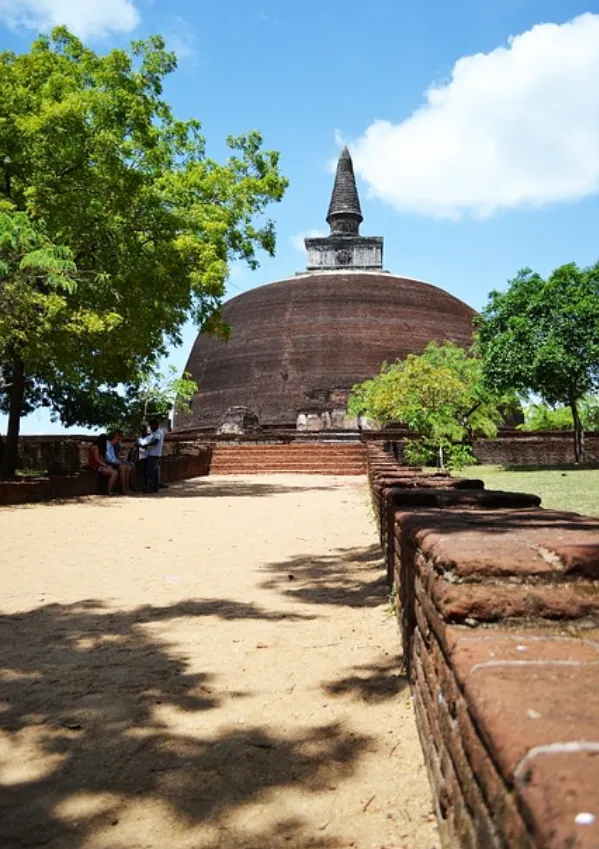
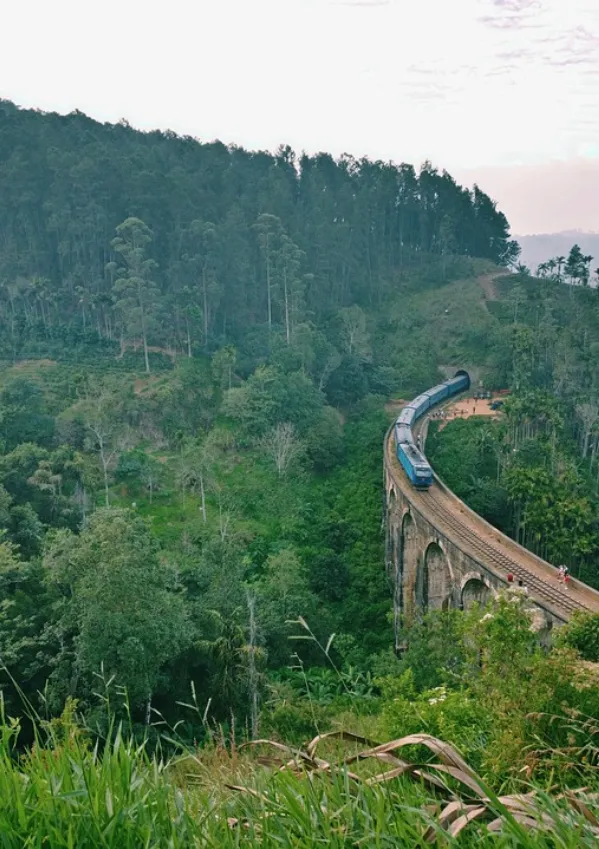
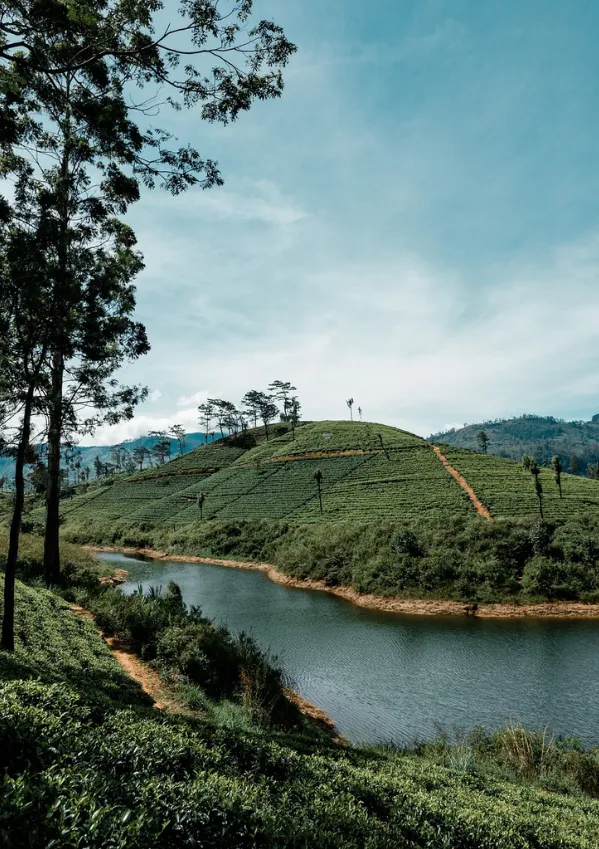
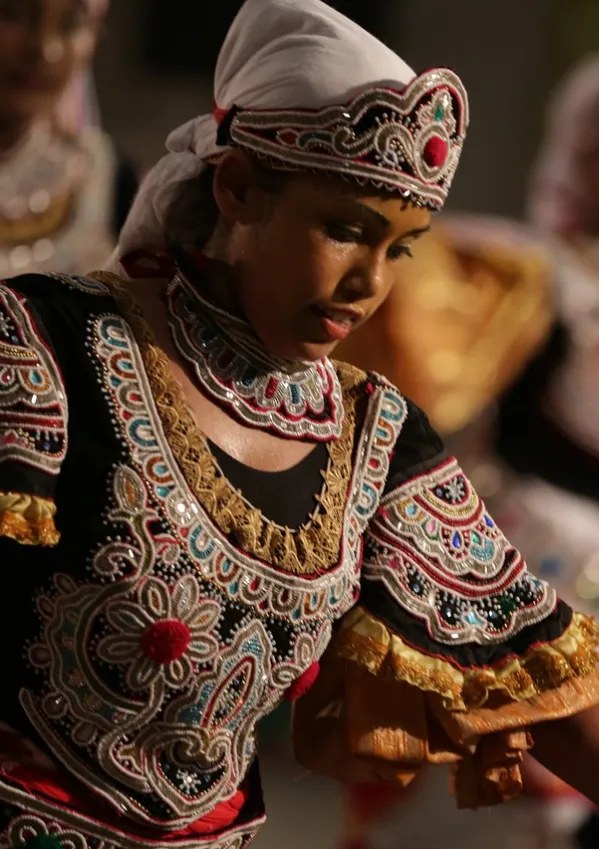
Cultural and Religious Festivals
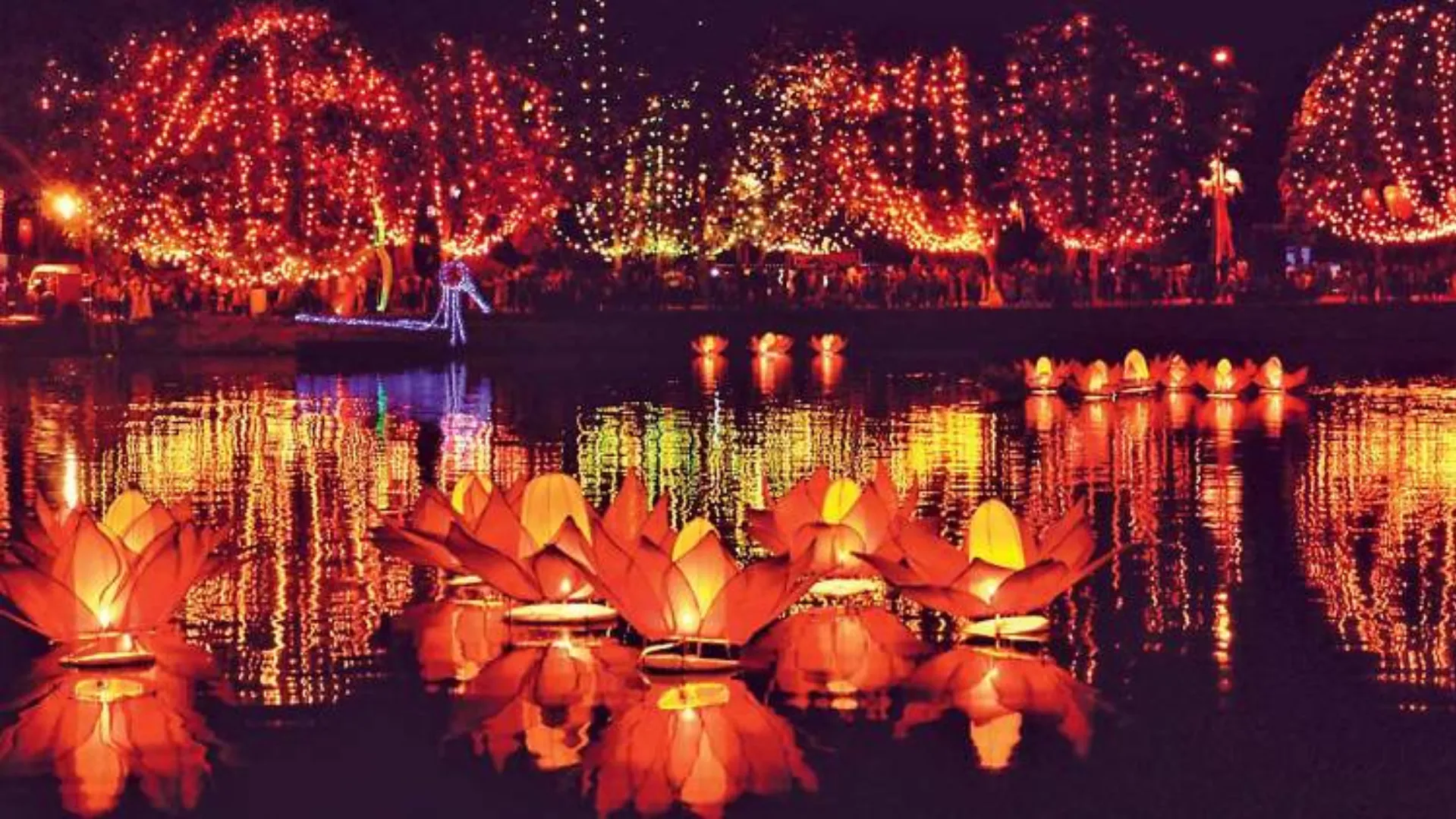
Vesak (Buddha’s Birthday)
Vesak, celebrated in May, is the most important Buddhist festival in Sri Lanka. It commemorates the birth, enlightenment, and death of the Buddha. The streets are adorned with colorful lanterns and decorations, and people engage in acts of charity and visit temples for prayer and meditation.
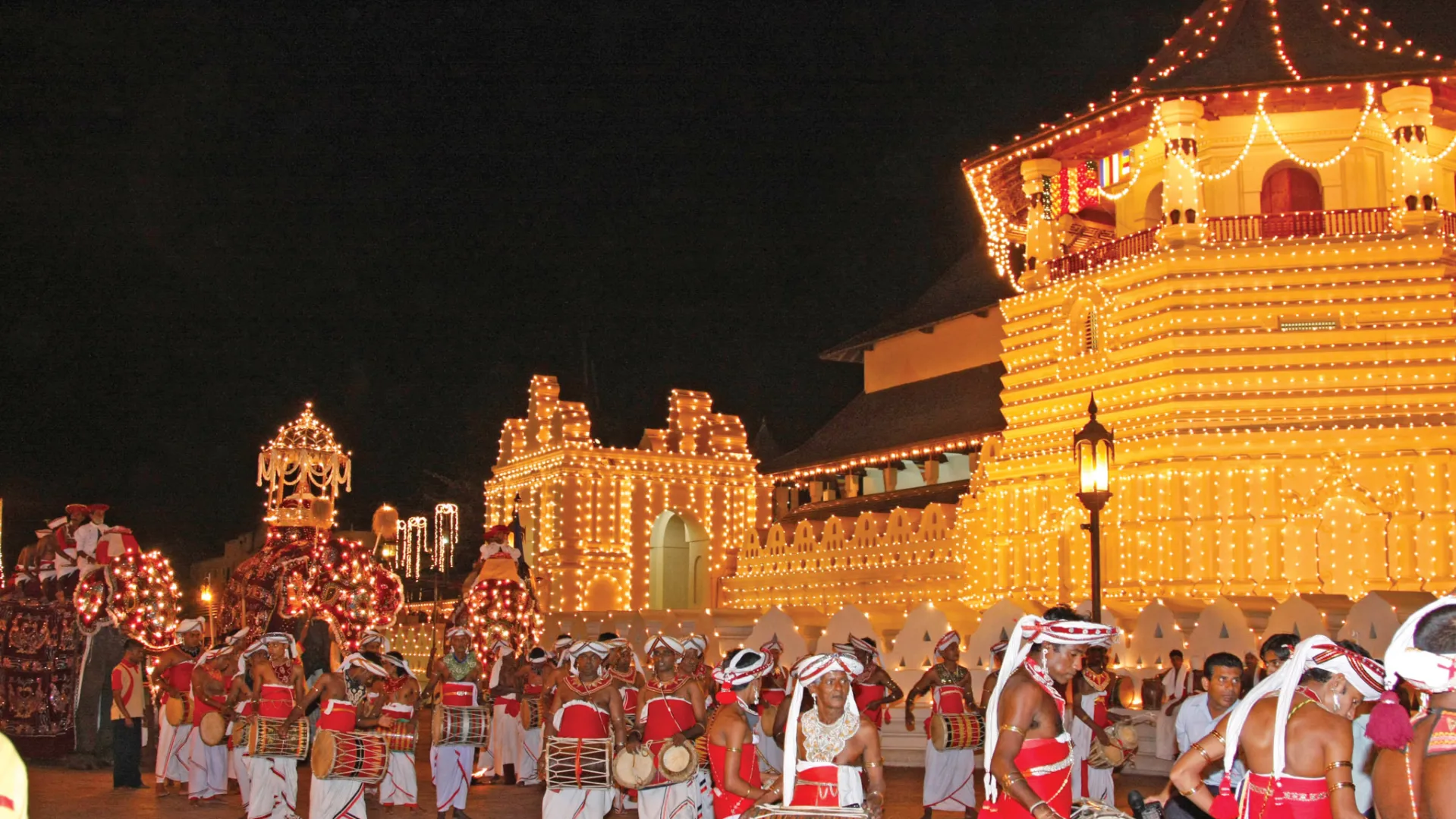
Kandy Esala Perahera
Held in Kandy, the Esala Perahera is a grand procession honoring the Sacred Tooth Relic of Buddha. The festival, which takes place in July or August, features elaborate dances, drummers, fire performers, and beautifully adorned elephants. It is one of the most spectacular cultural events in Sri Lanka.
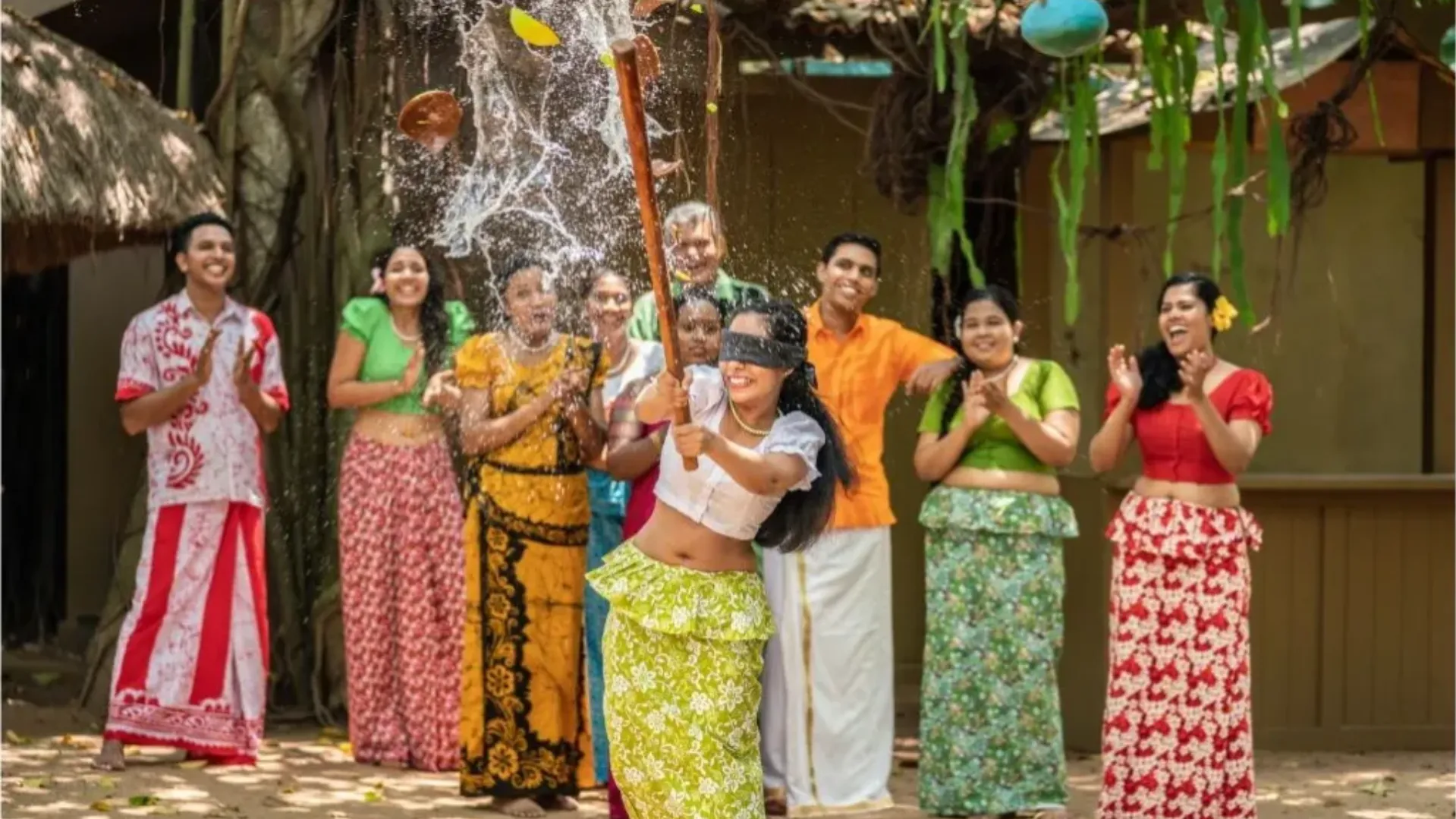
Sinhala and Tamil New Year
Celebrated in April, the Sinhala and Tamil New Year marks the end of the harvest season. The festival is characterized by various rituals, traditional games, and the preparation of festive foods. It is a time for families to come together and celebrate with joy and harmony.
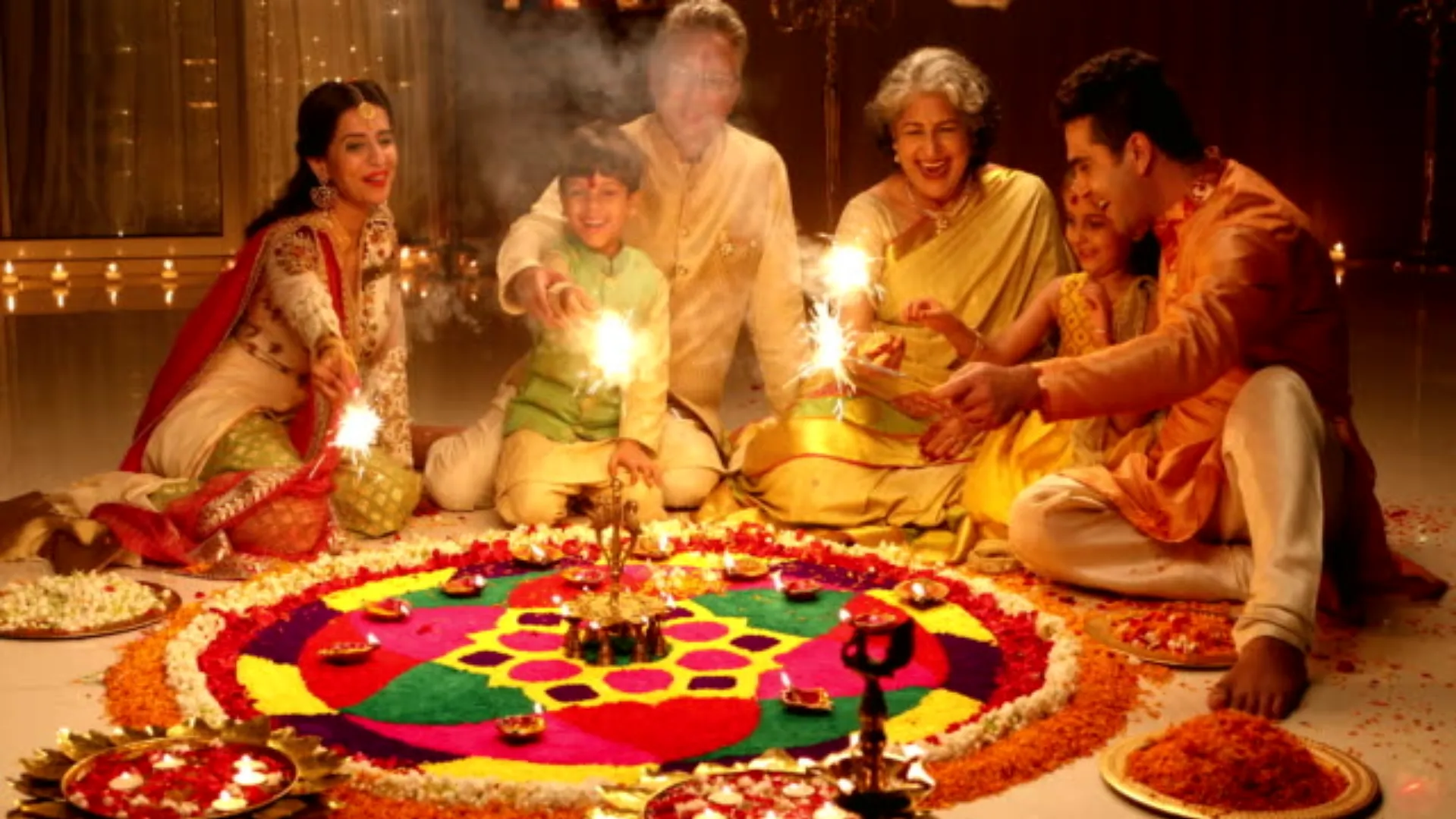
Deepavali (Diwali)
Deepavali, the Hindu festival of lights, is celebrated by Sri Lanka’s Tamil community. The festival symbolizes the victory of light over darkness and good over evil. Homes are decorated with oil lamps and rangoli, and families gather for prayers, feasts, and fireworks.





